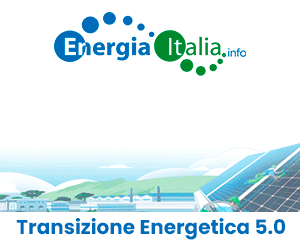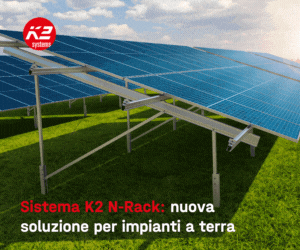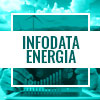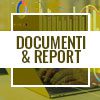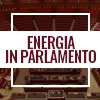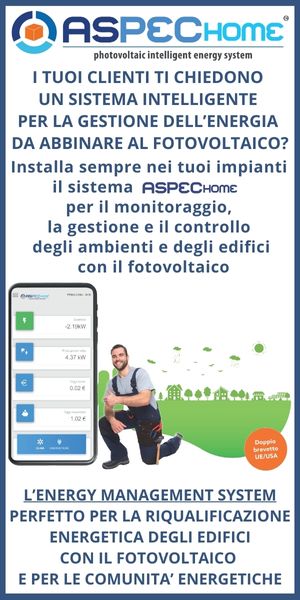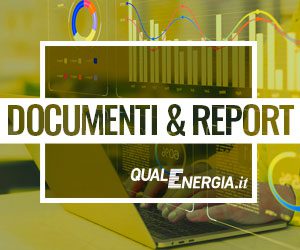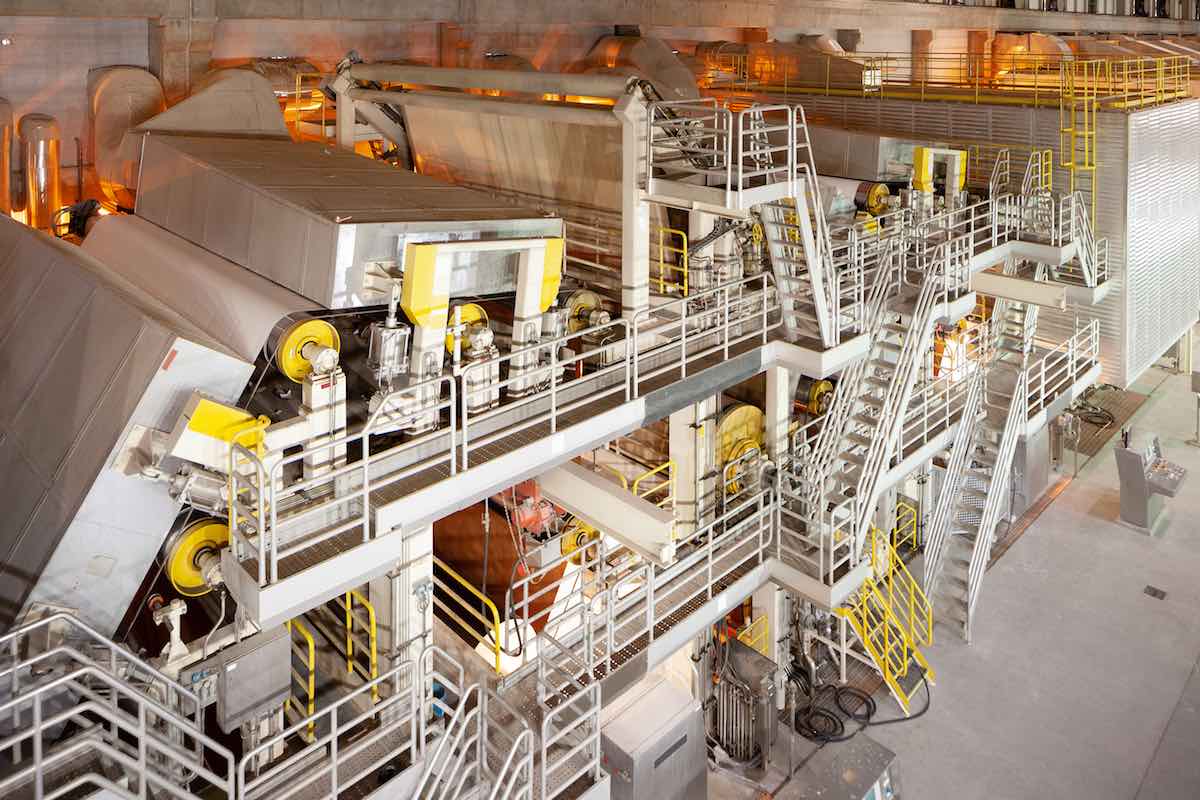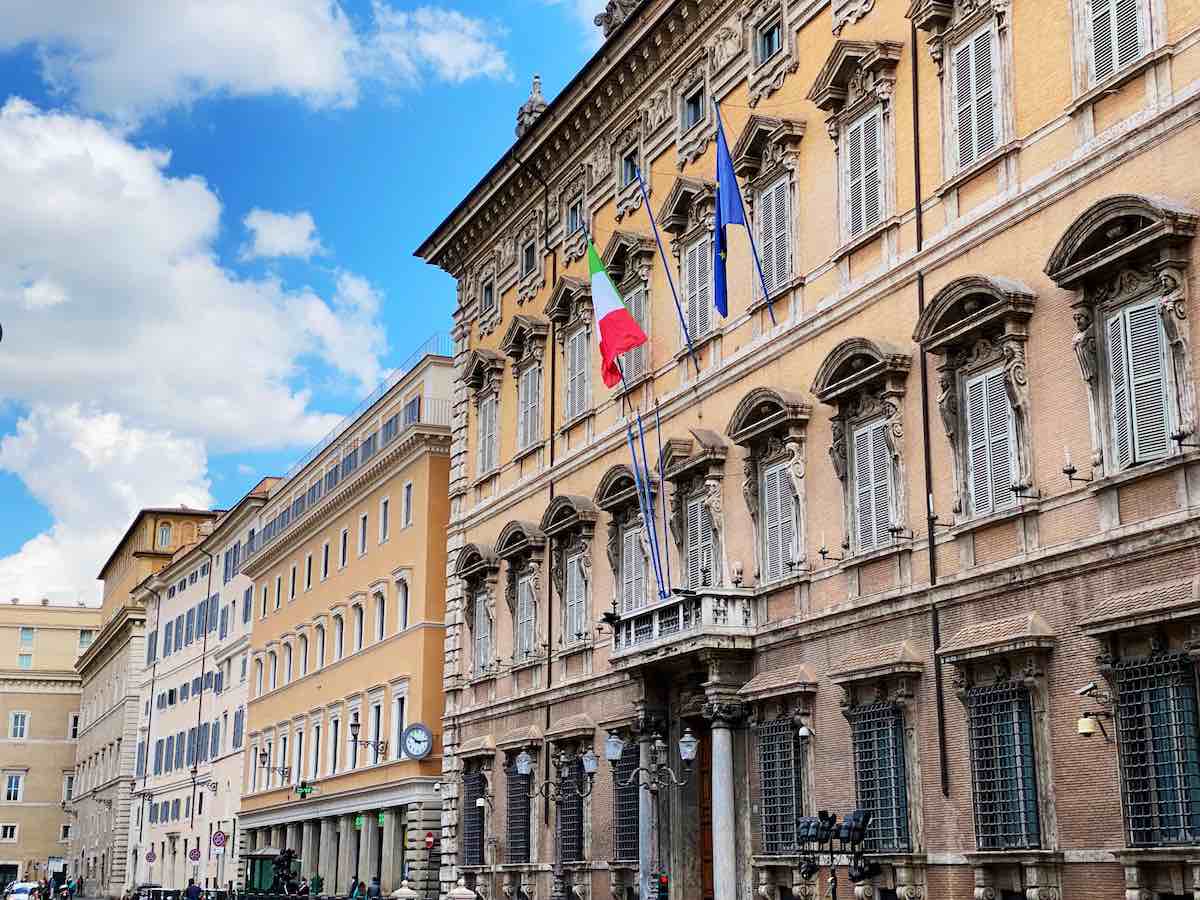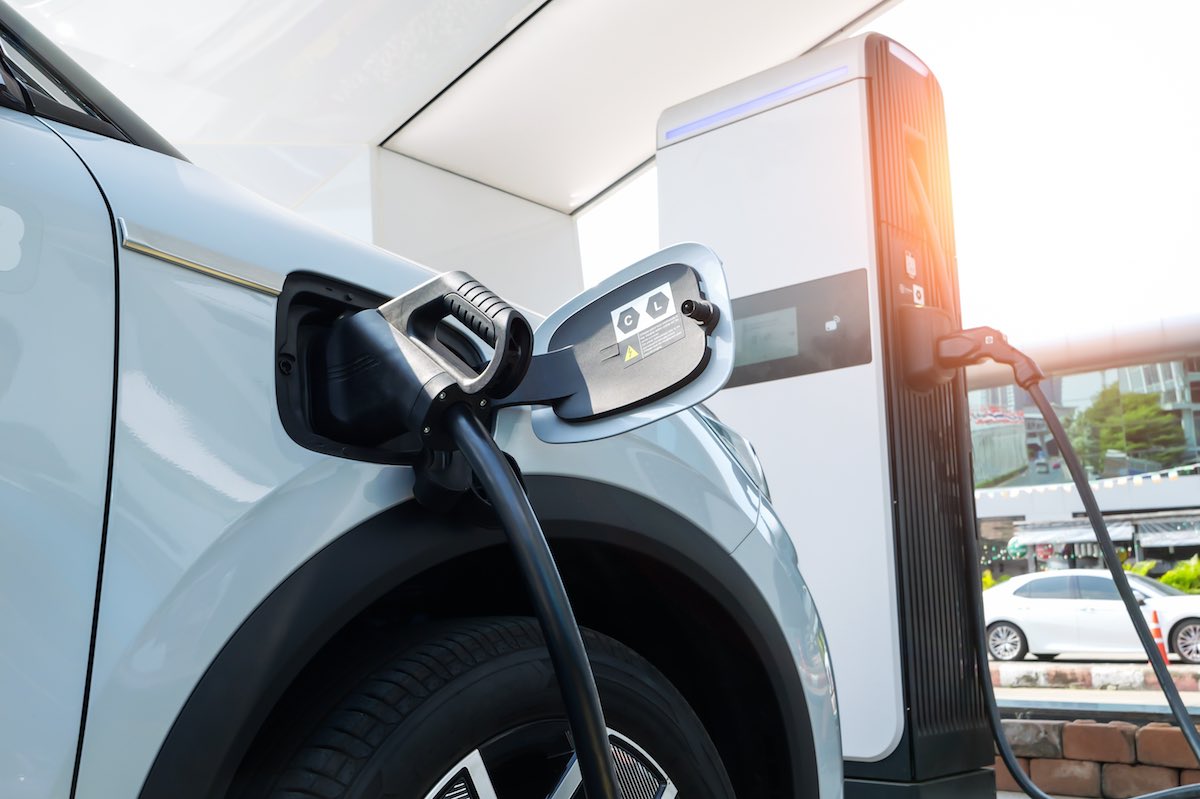WWF launched a new report – Putting the EU on Track for 100% Renewable Energy – which shows where Europe needs to be by 2030 in order to reach a fully renewable energy system by 2050. It is comes just as the European Commission is beginning to consider post-2020 climate and energy plan.
By 2030, the EU could be reducing its energy use by more than a third and generate almost half of the remainder from renewables. The post-2020 climate and energy policies needed to deliver this vision would help the EU to reduce its €573bn external fossil fuel bill and cut its greenhouse gas emissions in half.
Coming amid an increasingly active debate over what should follow current EU climate and energy legislation (the 20-20-20 package), WWF’s report adapts the WWF Global 2050 Energy Scenario to the EU27 level and shows that by 2030 the EU could:
-use at least 38% less energy compared to a business as usual projection,
-generate more than 40% of its energy from renewable sources,
-by doing both, reduce its energy related greenhouse emissions by 50% compared to 1990 levels.
As Europe’s economies struggle to recover, renewable energy and energy savings are beacons of hope. Almost 8 out of 10 Europeans agree that fighting climate change can boost the economy and create jobs and 70% of Europeans believe investment in renewable energy should be prioritised over the next 30 years, compared to alternative energy sources including shale gas, nuclear and carbon capture and storage (CCS) plants.
“Improving on Europe’s 2020 climate and energy targets by introducing an ambitious package of post-2020 measures is a win-win situation for everyone. It would not only help reduce the impact of climate change, including huge health and environmental costs, but it would also help to generate up to 5 million jobs, significantly boosting the economy,” said Jason Anderson, Head of Climate & Energy at WWF European Policy Office.
However, to keep Europe on track, on-going effort and strong political will are needed. The timely adoption of a coherent package of ambitious and binding post-2020 targets for energy efficiency, renewable energy, and emissions reductions is key.
“We must now decide how our energy system will develop after 2020, so that current benefits are maximised, not squandered”, added Jason Anderson. “Our report clearly shows that the EU has untapped potential for cutting energy use, taking full advantage of renewable sources that could deliver cheaper and more secure energy, and ensuring that a 100% renewable European energy system by 2050 remains within reach.”
The report “Putting the EU on Track for 100% Renewable Energy” – pdf
(source: WWF Europe)










